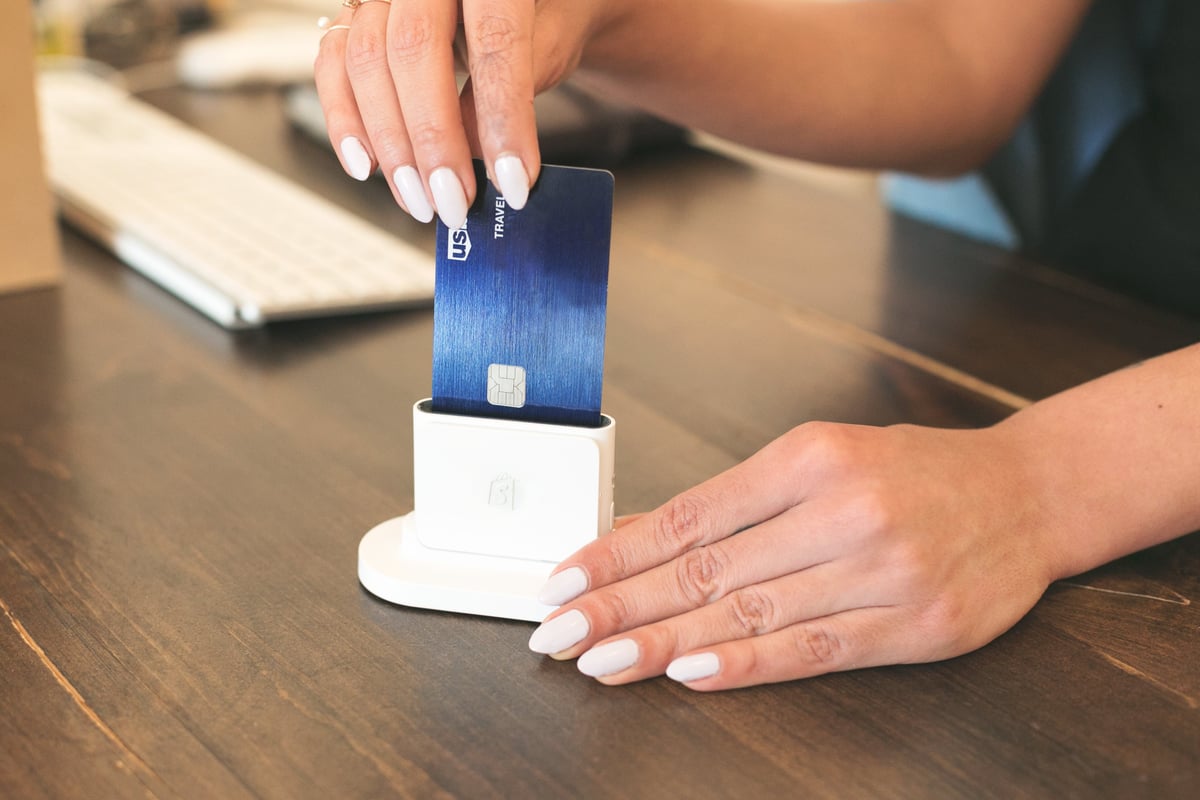
Texas Lawmakers Pass Sweeping 'Paycard' Law
.jpg?width=110&name=IMG_7211%202%20(1).jpg)
When it comes to payday, employees aren’t typically used to being asked “paper or plastic?” With a law set to take effect on September 1, 2019, Texas is set to join the growing list of states that allow employers to pay their workers via “paycards” by default.
Below, we’ll detail the sometimes controversial payment method and what the new law specifically entails for Lone Star businesses and their employees.
Payment Methods
While we’ve discussed how to calculate wages in the past, there's one final step before payday that arguably matters most: actually getting the money to employees.
For the last few decades, employees have had two main options for receiving their wages. They could either get a crisp paper check or they could have their funds deposited into their bank account. It should go without saying, but cash has always been acceptable as well.
On a federal level, employers can mandate that employees receive funds through direct deposit. But keep in mind that states have their own laws and varying requirements that often trump the federal regulations. For example, certain states prohibit direct deposit fees.
Out of these payment options, paper checks have always been seen as the “default” option for individuals who either haven’t entered their direct deposit information yet or are unbanked.
Texas Rules
The new Texas law will allow employers to remove paper checks from the equation entirely. In their place, the employees’ default option would be an electronic payroll card, or “paycard” for short.
Paycards function exactly like debit cards and have all the same conveniences as cash. They can be used for purchases or at an ATM. Paycards have a routing and account number that is used for depositing an employee’s net pay. The employer uses those numbers to fund the paycard, just as it would any other direct deposit payment.
The new law comes with some restrictions. Texas employers who opt to use paycards must notify employees in writing about the implementation of the program. Notification must happen 60 days prior to the first paycard payment. Employers also must also give employees a listing of any associated fees. They're also required to offer a form to opt out of using a paycard if a different form of payment is desired.
If an employee does ask for a form of payment other than the paycard, the employer has up to 30 days to accommodate that request.
Pros and Cons
Paycards are particularly useful for employees who don’t have bank accounts. There are probably more employees in that situation than you might think—according to the FDIC (Federal Deposit Insurance Corporation), over a quarter of U.S. households are unbanked or underbanked. That's a sizable portion of the population that needs a means of payment outside of direct deposit.
There are also environment benefits to offering paycards. Boston University’s HR department crunched the numbers and found that phasing out traditional paper checks would save it nearly $50,000 per year, not to mention over 3,000 pounds of paper.
While paycards may sound like a win-win, the payment method isn’t controversy-free. Less reputable vendors have been known to charge excessive fees for withdrawing funds or requesting paper statements. Workers have even reported being charged “inactivity fees” for not using the cards enough. Though the paycard industry has become much more regulated since then, businesses should carefully vet providers to ensure employees won’t be subject to excessive fees.
Escheatment Rules
There’s an added benefit to paycards: avoiding the headache of escheatment regulations. Escheatment is the accounting of wages considered "abandoned" that must be turned over to the state.
In the payroll world, this mostly means uncashed checks. For example, if a former employee doesn’t cash their paycheck, Texas employers have one year to turn those funds over to the state in the event that they ever decide to claim the funds. If reading that was a headache, imagine filing and accounting for it. Thankfully, direct deposit and our friend the paycard prevent those issues.
Paycards aren’t new to the scene. That said, the Texas law represents another big break for the increasingly popular payment method. When it comes to payroll, there’s only one sure bet: These cards won’t be getting lost in the shuffle any time soon.

See how Namely's flexible solution will help you streamline your HR processes by having your people, payroll, and benefits info all in on place.
Get a demoGet the latest news from Namely about HR, Payroll, and Benefits.
Thanks for subscribing!


Get the latest news from Namely about HR, Payroll, and Benefits.
Thanks for subscribing!



